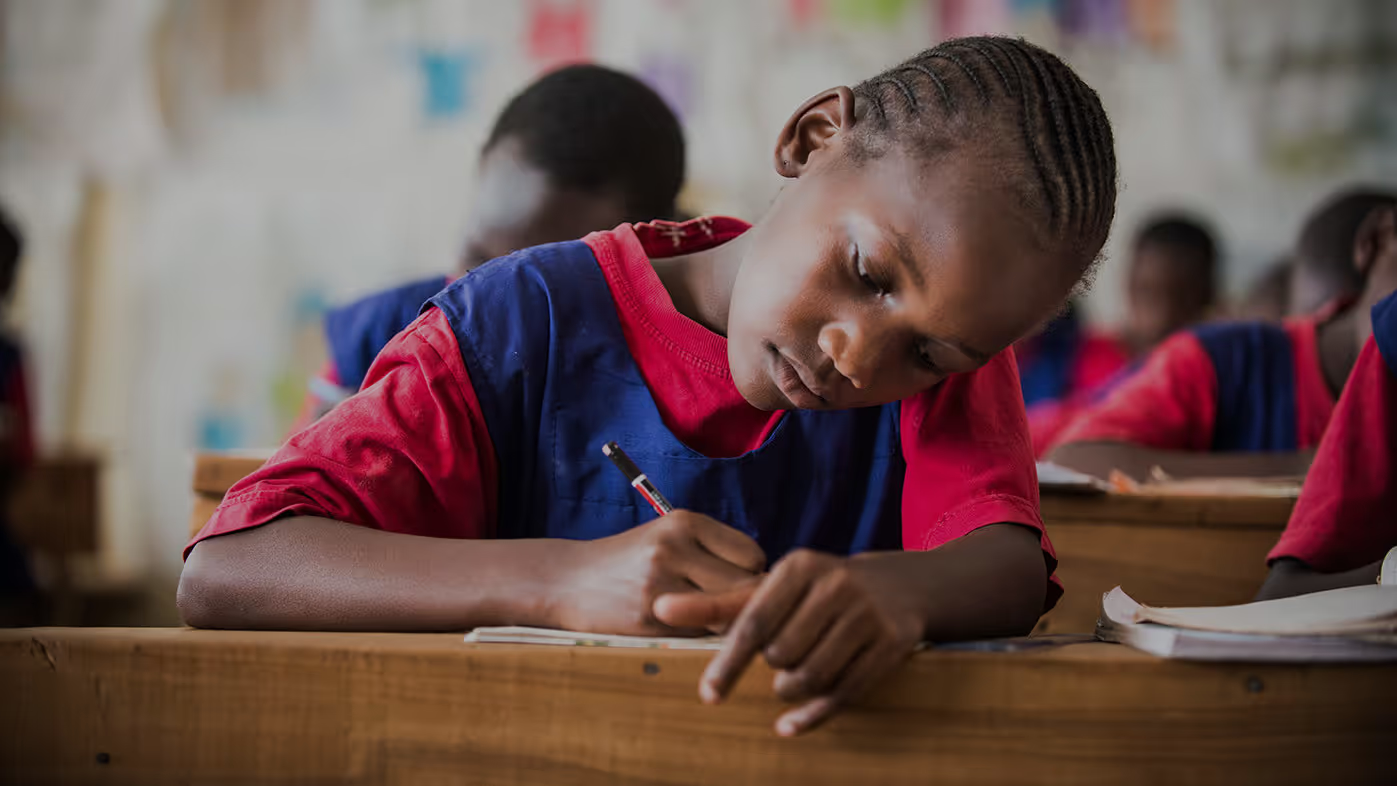Keeping Children Educated

We believe that targeted, evidence-based educational interventions can give every child the best chance to succeed in school, and in the future.
The positive effects of education on a child’s long term outcomes are undisputed, and history has proven that high-quality education is the great equalizer for children from different socio-economic backgrounds and key to breaking the cycle of poverty.
However far too many children lack access to quality schools and learning environments, which frequently translates to fewer opportunities for economic mobility and advancement -- and fewer opportunities to break out of systematic poverty.
Globally, even before the COVID19 outbreak, 258 million children and adolescents of school age were not enrolled in school. With school closures due to COVID-19, more than a billion school children are not in school. This disruption to education is unprecedented, and many children may not return, when schools around the world reopen. In the USA, the deck is stacked against low-income students who are seven times more likely to drop out of high school than their more well-off peers.
In addition to helping change the trajectories of low-income children, broader access to quality education produces a more educated workforce, critical to future economic growth and prosperity for individuals, families, communities and countries.
Take a deeper look at the issues we address:

Early Childhood Education
Education is key to lifting children out of poverty. Our programs create a lifetime of change by supporting access to early education.
Much of a child’s critical brain development occurs in the first years of life. High-quality early childhood education for children 0 - 5 years old is directly linked to better outcomes in adulthood such as higher employment rates, more stable family life, better health and a lower likelihood of criminal activity. If a child does not meet key standards entering kindergarten, there is a high likelihood they will not be able to catch up to their peers in the years that follow, and may fall further behind.
The impact of quality early childhood education lasts a lifetime – and even generations. Children of parents that participated in high quality early childhood education have better health, education and social outcomes.
Red Nose Day supports high quality early childhood education programs for high-need communities both in the US and around the world, helping to ensure children have foundational skills on which their future education can be built. This includes socio-emotional skills as well as numeracy and literacy.

STEAM Programs to Unlock Opportunities
Supporting programs that promote critical thinking, creative problem solving, and prepare students for educational success.
Science, technology, engineering and mathematics professionals play a critical role in today’s economy. These industries, however, can be difficult for children from low-income backgrounds to break into.
STEAM (Science, Technology, Engineering, Arts, and Mathematics) programs can help children to become critical thinkers with creative problem-solving skills.
Red Nose Day supports STEAM programs at school, after-school and summer time that arm the next generation of innovators and leaders with the tools and knowledge they need to participate fully in tomorrow’s economy.